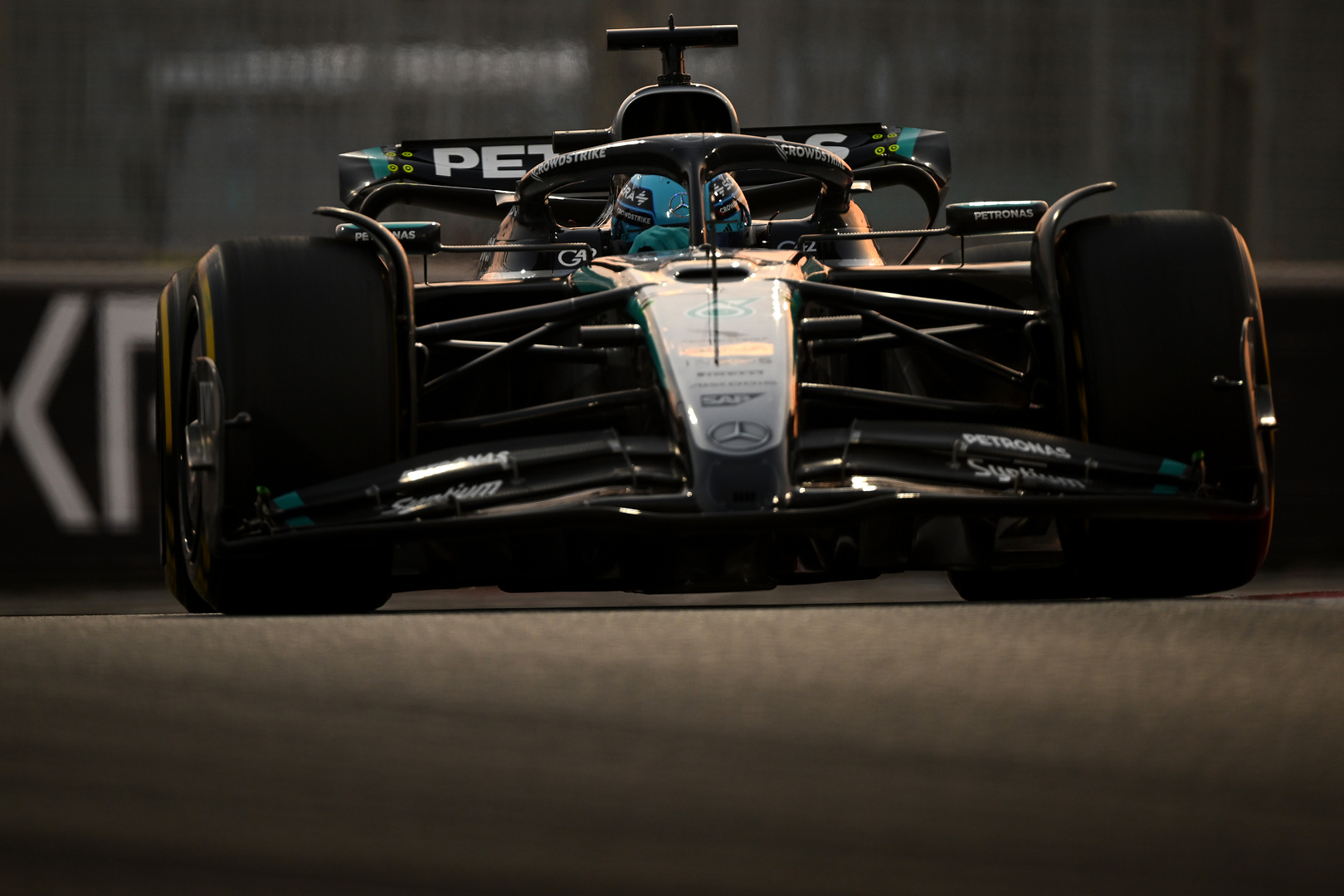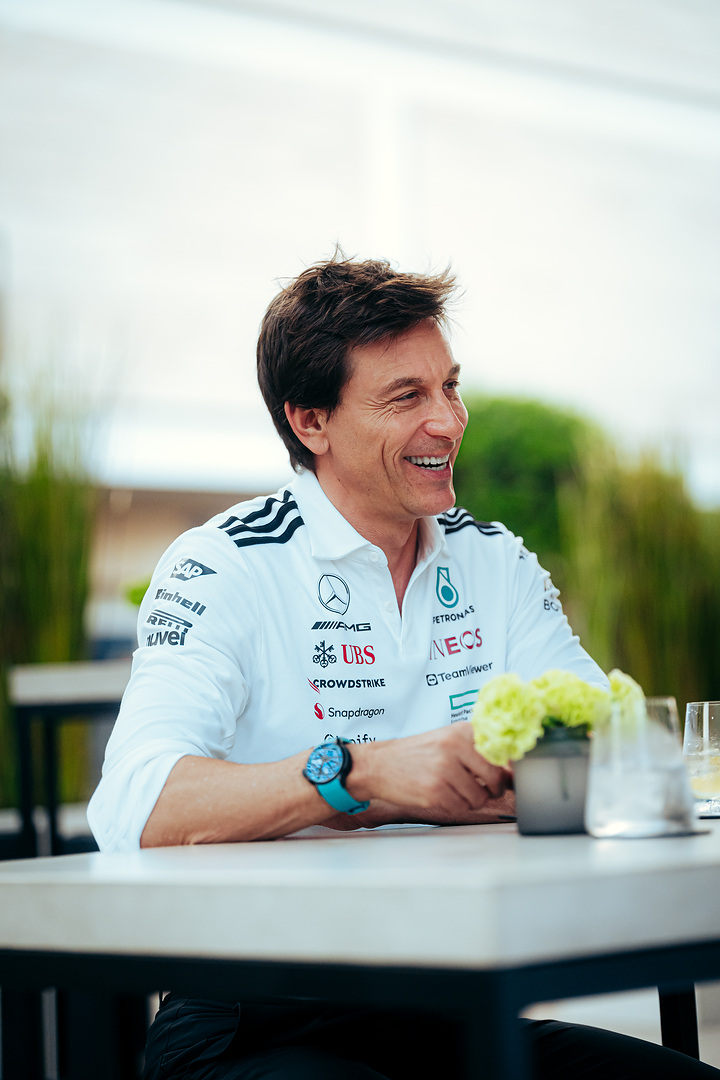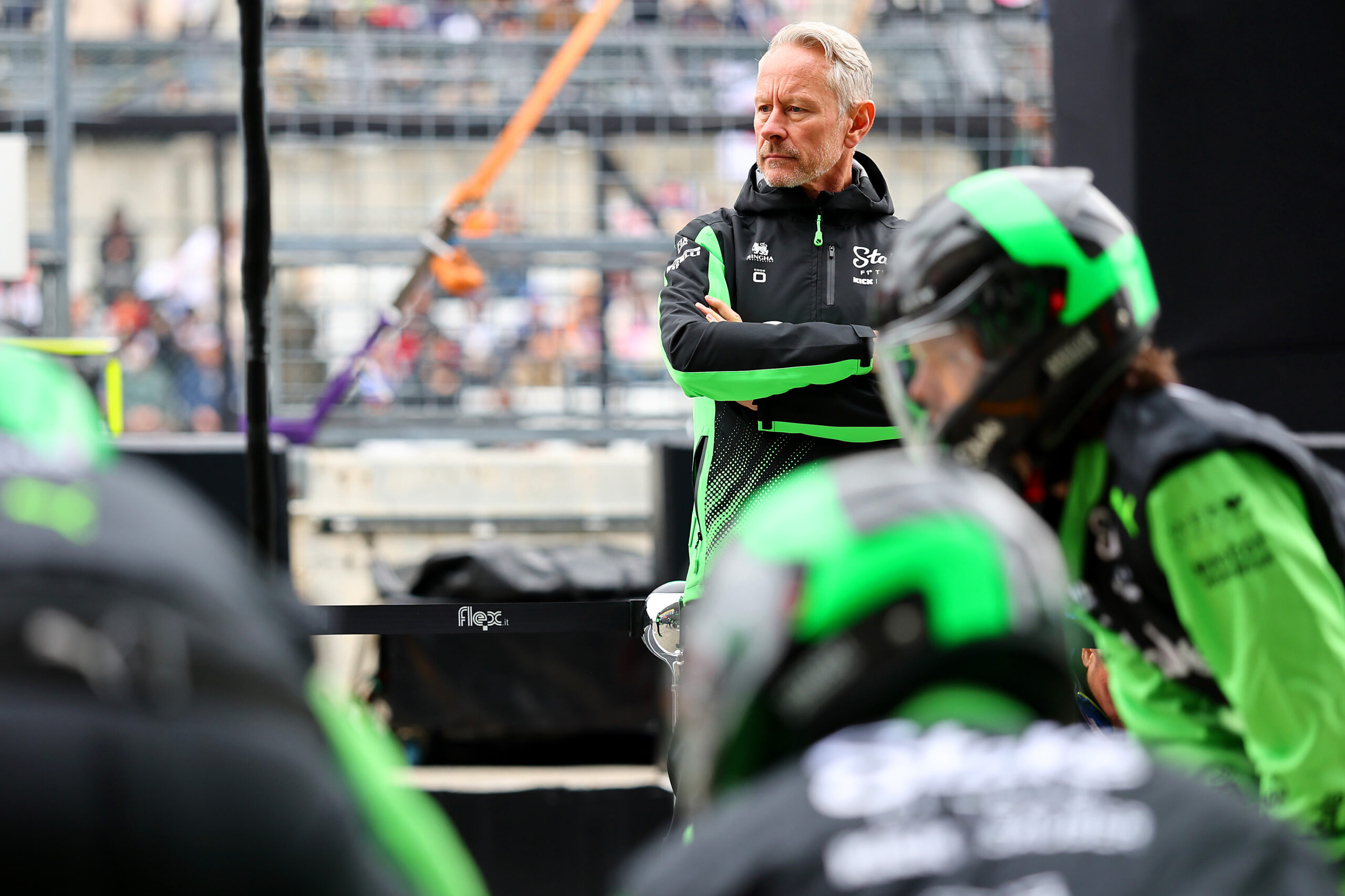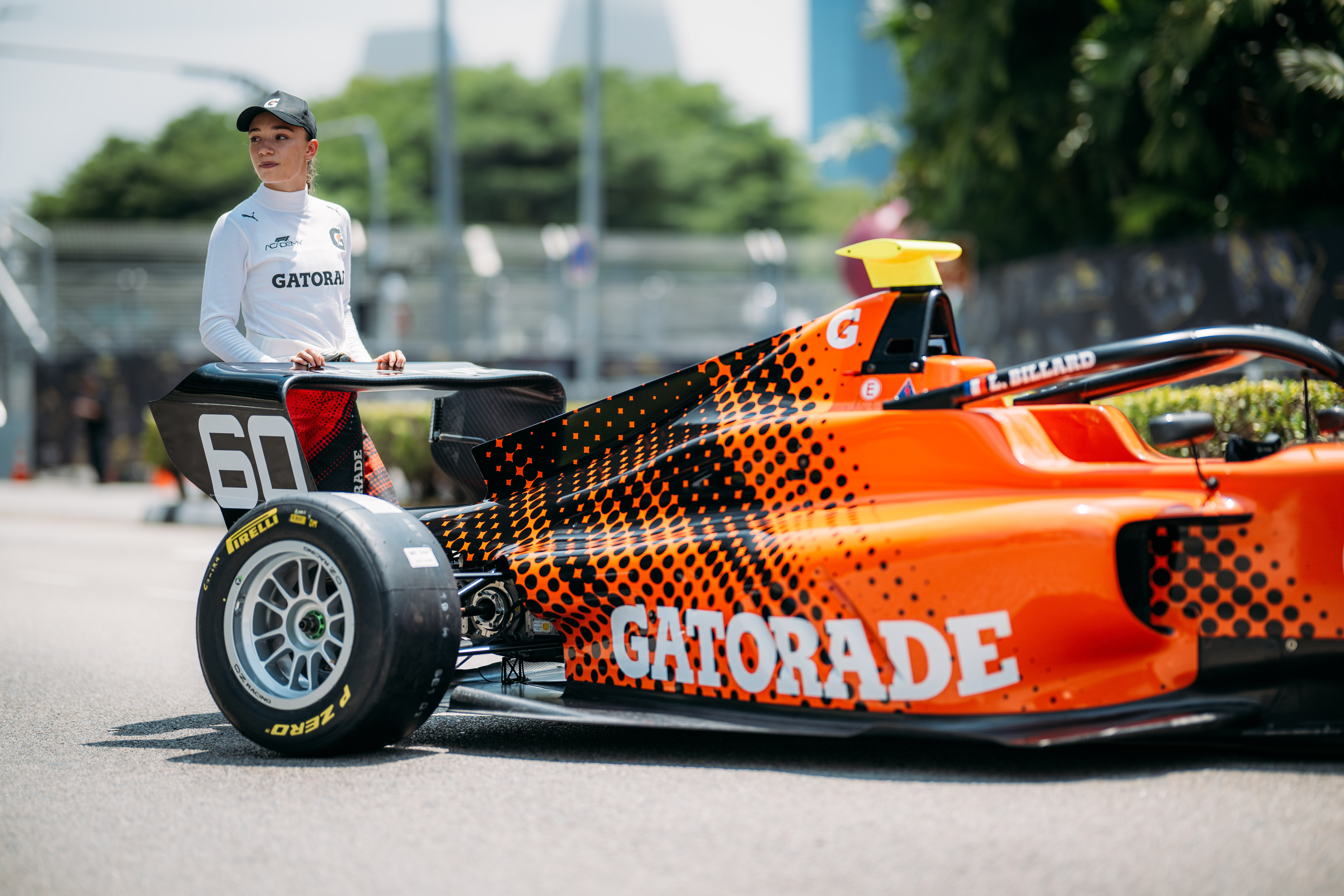A little under a year ago Red Bull announced they will be joining forces with Ford from 2026 onwards to work on the next generation of F1 power units.
The American automotive giant has a rich history of supplying teams with power units, and has enjoyed periods of great success in the past with Lotus, Williams and Benetton, before pulling out of the sport at the end of 2004.
Speaking recently at a Ford Performance launch event, CEO Jim Farley revealed he’s feeling optimistic about the Red Bull/Ford technical partnership, the progress they have made so far, and how he believes it will translate to performance.

Photo credit: Red Bull Content Pool
“I had a chance to spend a lot of time with the team in Milton Keynes, and with Adrian Newey, and I think we’re on track,” he said.
“2026, even though it sounds like a long way away, we have a lot of work to do on the powertrain, but I’m really happy with the progress. I wish I could tell you more, but I would say we’re on track.”
Red Bull have firmly established themselves as the dominant force over the past couple of seasons, leading many to wonder whether the power unit shake-up will knock them off-kilter. Farley, however, insisted that he expects Red Bull’s success to continue as Formula 1 moves to introduce the next generation of cars.
“We have got the best frickin’ team that’s involved. I mean, we’ve got the best drivers, we’ve got the best technical support.
“We have the best of Ford around the globe to support them. But the team, the powertrain team that they’re building in Milton Keynes, is like absolutely, top notch. We’re going first class to the very top of the podium.”
Farley also spoke about the technological aspect of the next gen power units, explaining how they intend to use their expertise to succeed in F1—and how these developments can be transferred to road cars.
“The best aerodynamics in the world are in Formula 1, the best telemetry, the best digital diagnostics… and actually, we need all those things for electric and digital cars. So it’s actually going back to the seventies with a pure tech transfer.
“This is not like ‘our team’, we’re going there to literally transfer technology.
“We can offer battery tech for them because in ’26 we’re going to go to 50% electric [power] and they need high-discharge batteries. And we do that in NHRA, for example.
And on the other hand, we can get telemetry, digital diagnosis as well as aero, which we can put in our production electric cars to make the batteries smaller.”
He added: “It is a lot of R&D.
“And they are the best in the world in a lot of these technologies and we need them desperately as the car business changes. So it’s literally going back to where we were all those years ago: tech transfer.”




